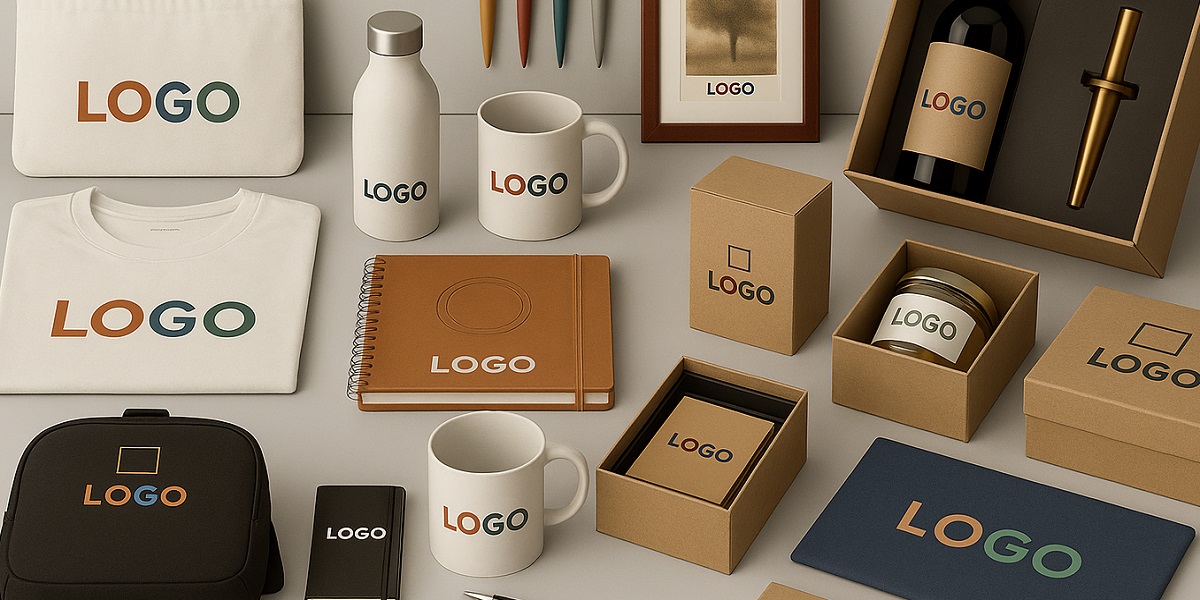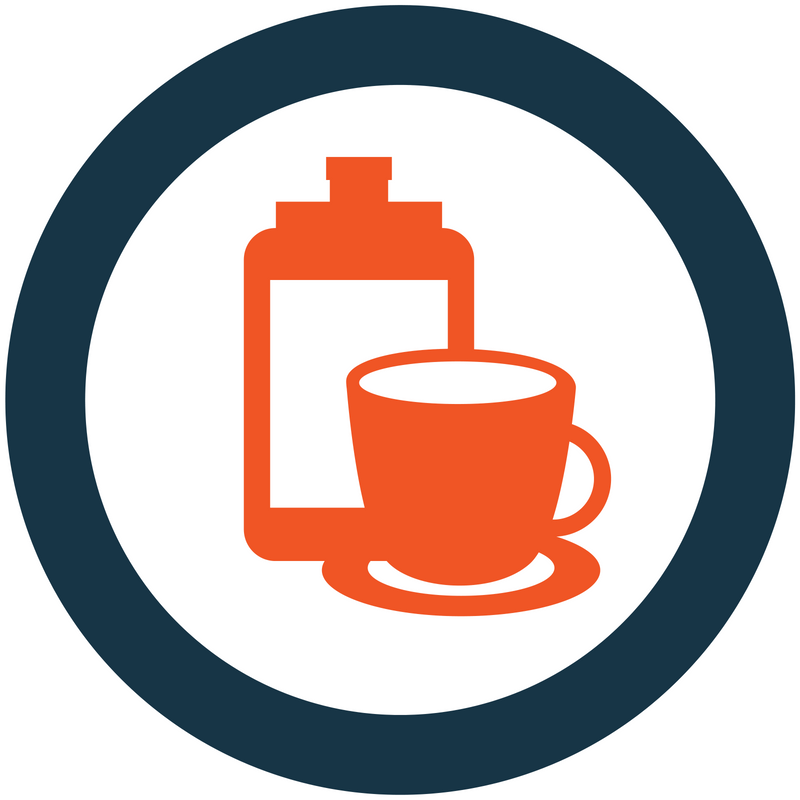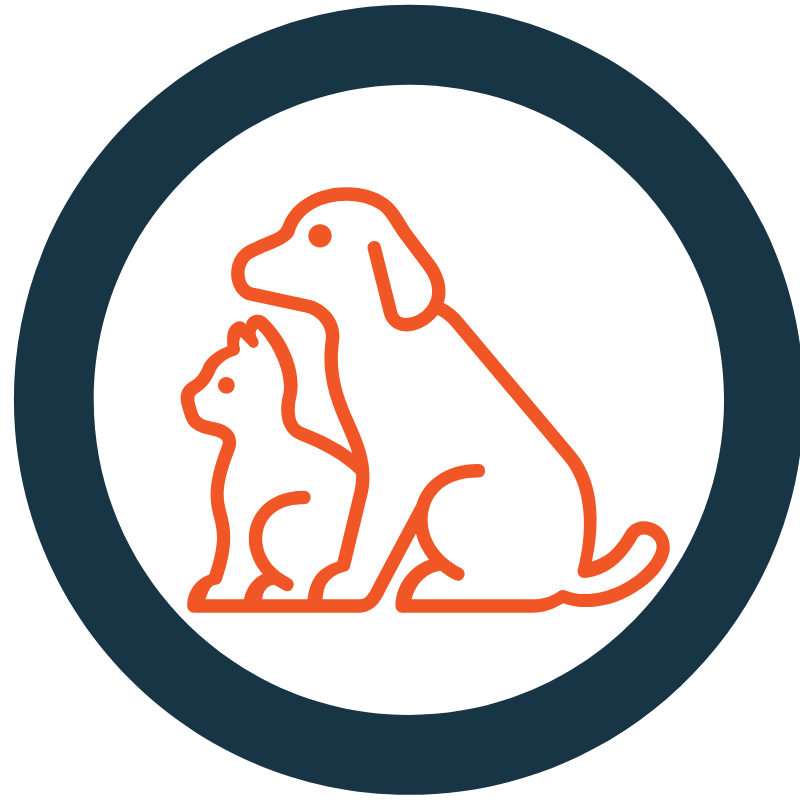
How to Plan Gifts for Different Target Groups (Employees, Partners, Customers)?
Published: April 16, 2025A promotional gift is not just a branded item – it's a tool for communication, relationship building, and brand reinforcement. But to be truly effective, it must be tailored to the recipient. What excites an employee might not appeal to a business partner – and vice versa. In this article, you’ll learn how to think in segments and target your gift selection for three key groups: employees, customers, and business partners.
Gifts for Employees: Reward, Motivation, and Belonging
Employees are the foundation of a successful company – so gifts for them should be more than a formality. The right choice shows that you value their effort and see them as individuals, not just part of a collective. The gift should reflect the company culture but still feel personal enough to spark a sense of value.
- On special milestones (anniversaries, birthdays, successful projects): quality personalized gifts such as engraved office accessories or gift sets.
- For internal events (picnics, team building): fun, casual gifts – t-shirts, backpacks, thermos bottles.
- At year-end or holidays: practical gifts with higher perceived value – blankets, mugs, vouchers, digital subscriptions.
The biggest impact comes from gifts that tell employees: “We know who you are. We value you.” Such gifts strengthen loyalty and satisfaction in the long run.
Gifts for Customers: Usefulness, Attention, and Subtle Presence
When gifting customers, balance is key. The goal isn’t pushy advertising, but subtle presence – the gift should be useful, aesthetically pleasing, and suited to the recipient’s lifestyle. This keeps your brand present without feeling intrusive.
- With purchases or orders: smaller, practical gifts – foldable bags, screen cleaners, stickers, pens.
- For loyal or VIP customers: higher-quality gifts – bottles, notebooks, exclusive sets with custom packaging.
- For collaboration anniversaries: symbolic gifts with a personal touch – greeting cards, commemorative items, carefully selected local delicacies.
The customer should feel the gift is part of the relationship – not part of a marketing campaign. If you achieve that, you’ll build trust and long-term loyalty.
Gifts for Business Partners: Prestige, Symbolism, and Professionalism
Business partners expect more than practicality – the gift must reflect professionalism, respect, and long-term commitment. In this segment, impression matters, so gifts should be elegant, high-quality, and symbolically strong.
- During holidays or year-end: more luxurious gifts – engraved wine bottles, exclusive office supplies, custom-packaged gift sets.
- Upon contract signing or successful collaboration: symbolic gifts – metal souvenirs, artwork, handcrafted local products with a story.
- Subtle personalization: discreet logo, engraved company name, accompanying letter with a personal touch.
The gift to a partner should say: “We value your trust.” It's not just about usefulness, but the feeling of exclusivity and respect the gift conveys.
Segmentation Strategy: One Brand, Three Approaches
Even though gifts are tailored to different groups, the core message must always align with your brand. Segmentation doesn’t mean losing identity – it means adapting it to the context and audience.
- Visual consistency: unified style in prints, colors, packaging – regardless of group.
- Message tone: more relaxed for employees, formal for partners, friendly and appreciative for customers.
- Flexibility in scope and budget: gifts don’t need to be equally priced – what matters is that they are thoughtful.
If each segment receives its own gift yet maintains a connection to the brand identity, you create a consistent and professional experience – without seeming generic or insincere.
Thoughtful Gifting for Stronger Relationships
Successful promotional gifts aren’t coincidence – they’re the result of understanding your audience. Employees, customers, and partners have different needs, expectations, and emotional responses. If you recognize and respect that, a gift becomes more than an object: it becomes a message, a bond, and an experience.
A segmented approach lets you achieve exactly what you aim for with each gift – from motivation, to loyalty, to prestige. And that’s why planning is key. Because the best gifts aren’t the most expensive – they’re the ones that hit the mark.





































 Slovenski
Slovenski




